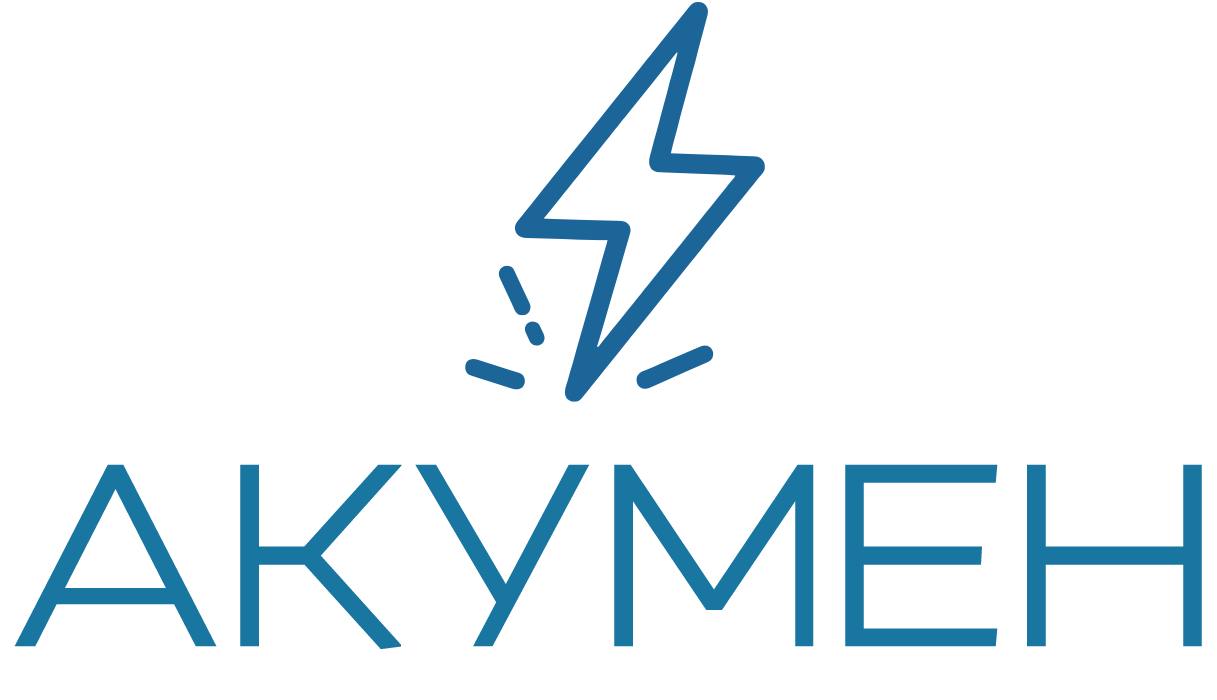Lithium-ion batteries have many advantages, but there are also some disadvantages. The main advantages include: high energy density, long service life, low self-discharge rate, and fast charging. The disadvantages are: sensitivity to temperature conditions, potential danger if used improperly, higher cost compared to some other types of batteries, and limitations on the maximum current strength.
Advantages of lithium-ion batteries:
- High energy density:
Li-ion batteries are able to store a large amount of energy in a small volume, making them ideal for portable devices.
- Long service life:
They can withstand a large number of charge-discharge cycles, which ensures long life.
- Low self-discharge rate:
The loss of charge at rest is negligible, which allows the battery to be stored for a long time without significant loss of capacity.
- Fast charging capability:
Many modern lithium-ion batteries support fast charging, which can significantly reduce the charging time of the device.
Disadvantages of lithium-ion batteries:
- Sensitivity to temperature conditions:
Operation at extremely high or low temperatures can adversely affect battery performance and life.
- Potential hazard due to improper use:
Improper charging or discharging can lead to overheating, electrolyte leakage, or even explosion.
- Higher cost:
Lithium-ion batteries are generally more expensive than other types of batteries, such as lead-acid batteries.
- Limitations on the maximum current (C-rating):
Lithium-ion batteries may not be suitable for devices that require high amperage, such as some types of drones.
